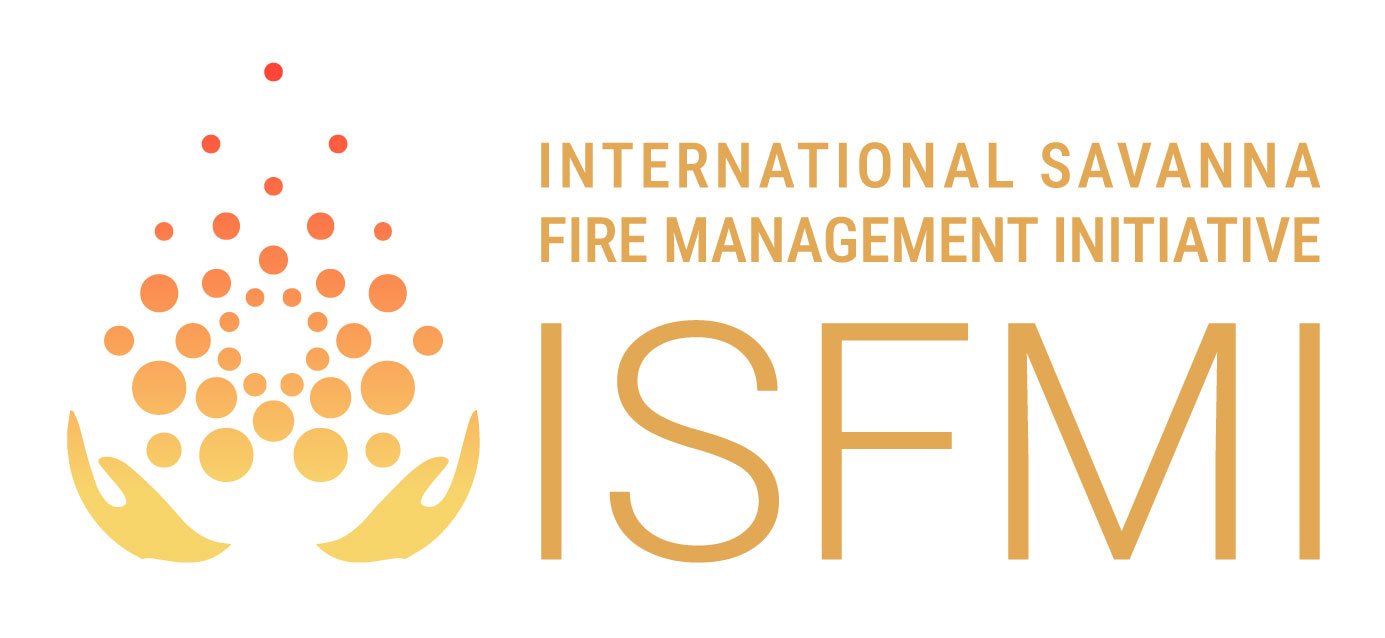Weathering Uncertainty – TK & Climate Change
Douglas Nakashima, Kirsty Galloway McLean, Hans Thulstrup, Ameyali Ramos Castillo and Jennifer Rubis
PUBLICATION DATA:ISBN-10: 978-0-9807084-8-6 LANGUAGE:English, French, Spanish PAGES:120 PUBLISHED:June 2012
Weathering Uncertainty: Traditional Knowledge for Climate Change Assessment and Adaptation
Nakashima, D.J., Galloway McLean, K., Thulstrup, H.D., Ramos Castillo, A. and Rubis, J.T.
Published 13 June 2012
When considering climate change, indigenous peoples and marginalized populations warrant particular attention. Impacts on their territories and communities are anticipated to be both early and severe due to their location in vulnerable environments. There is therefore a need to understand the specific vulnerabilities, adaptation capacities and longer-term aspirations of indigenous peoples and marginalized communities the world over. Indigenous and traditional knowledge contribute to this broader understanding.
The Intergovernmental Panel on Climate Change (IPCC) in its Fourth Assessment Report recognized traditional knowledge as ‘an invaluable basis for developing adaptation and natural resource management strategies in response to environmental and other forms of change’. Despite this recognition, indigenous knowledge has remained largely outside the scope of IPCC assessments.
In order to strengthen consideration of indigenous knowledge in IPCC’s Fifth Assessment Report (5AR) released in 2014, this publication draws the attention of Authors of the 5AR and climate policy makers to the rapidly growing scientific literature on the contributions of indigenous and traditional knowledge to understanding climate change vulnerability, resilience and adaptation.
Further Information
Reference
Nakashima, D.J., Galloway McLean, K., Thulstrup, H.D., Ramos Castillo, A. and Rubis, J.T. 2012. Weathering Uncertainty: Traditional Knowledge for Climate Change Assessment and Adaptation. Paris, UNESCO, and Darwin, UNU, 120 pp.
Published in 2012 by the United Nations Educational, Scientific and Cultural Organization 7, place de Fontenoy, 75352 Paris 07 SP, France, and the United Nations University – Traditional Knowledge Initiative, Ellengowan Drive, Darwin, NT 0909, Australia
© UNESCO and UNU 2012
All rights reserved
ISBN 978-92-3-001068-3 (UNESCO) ISBN 978-0-9807084-8-6 (UNU)
